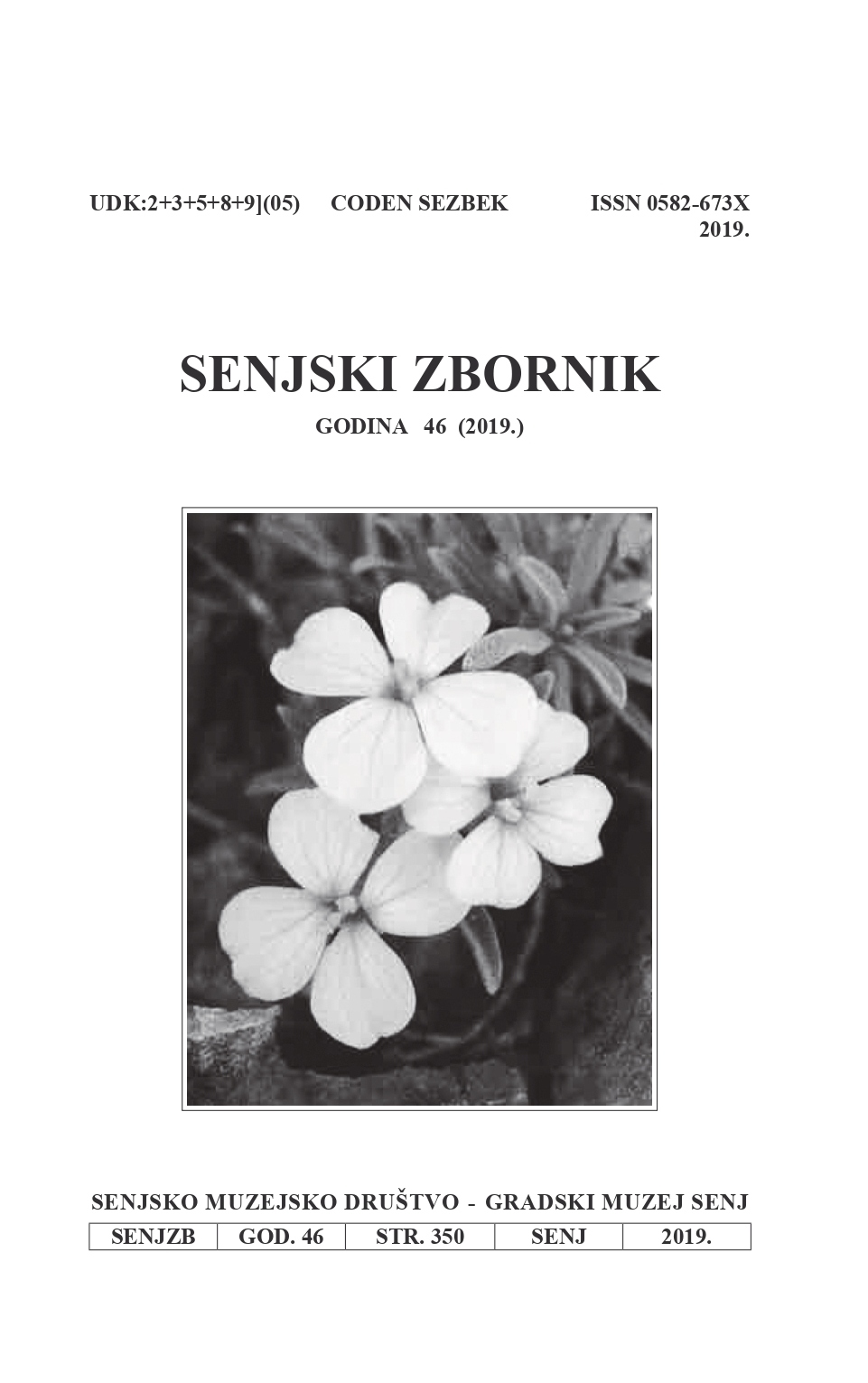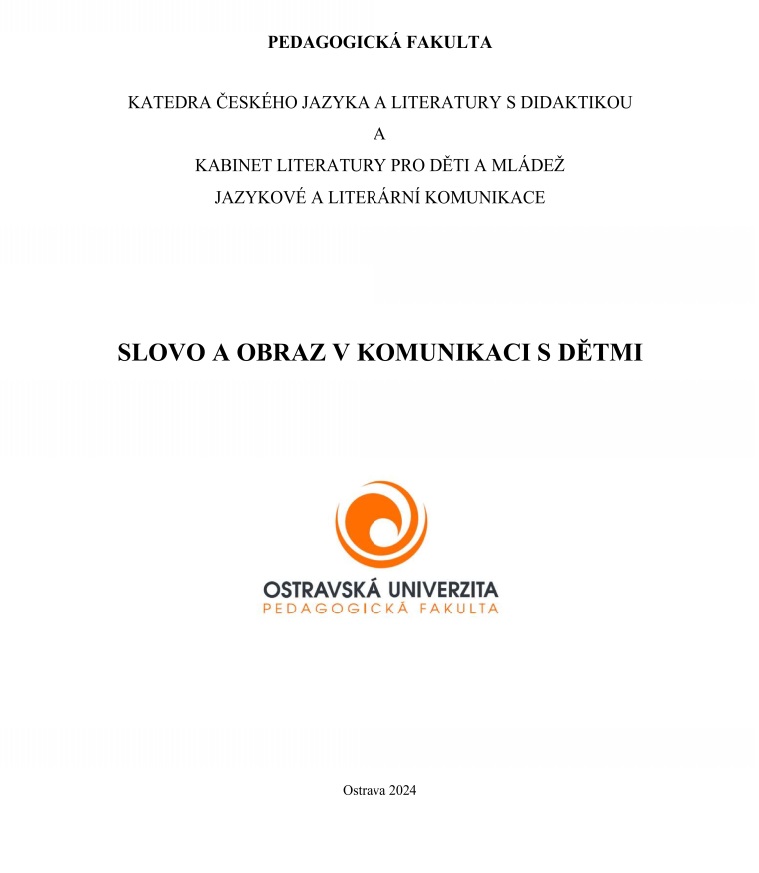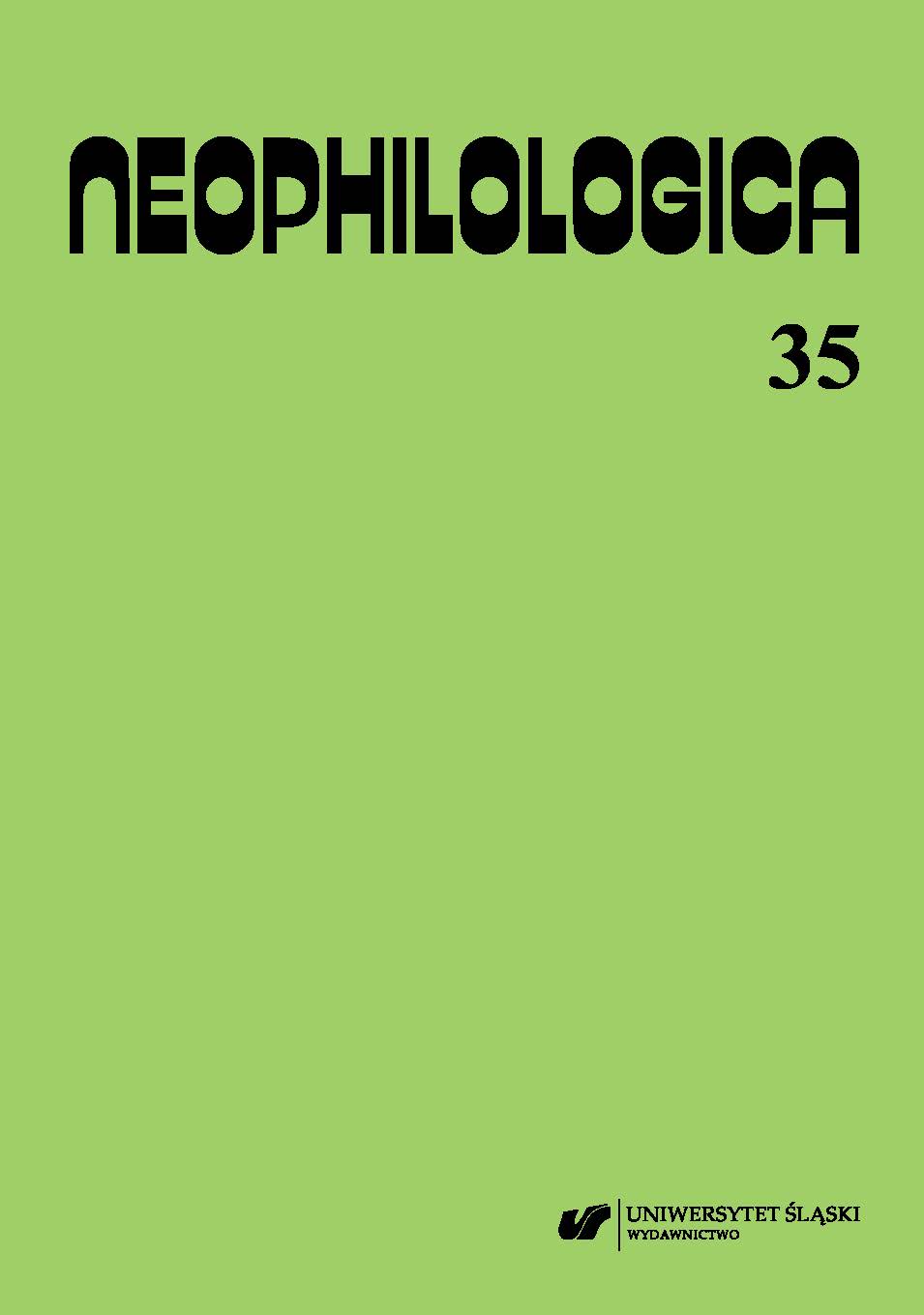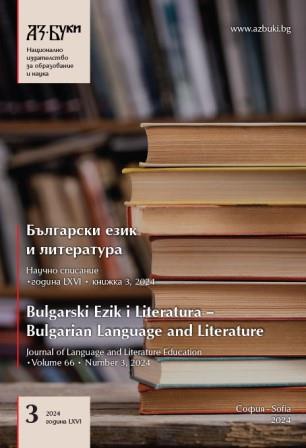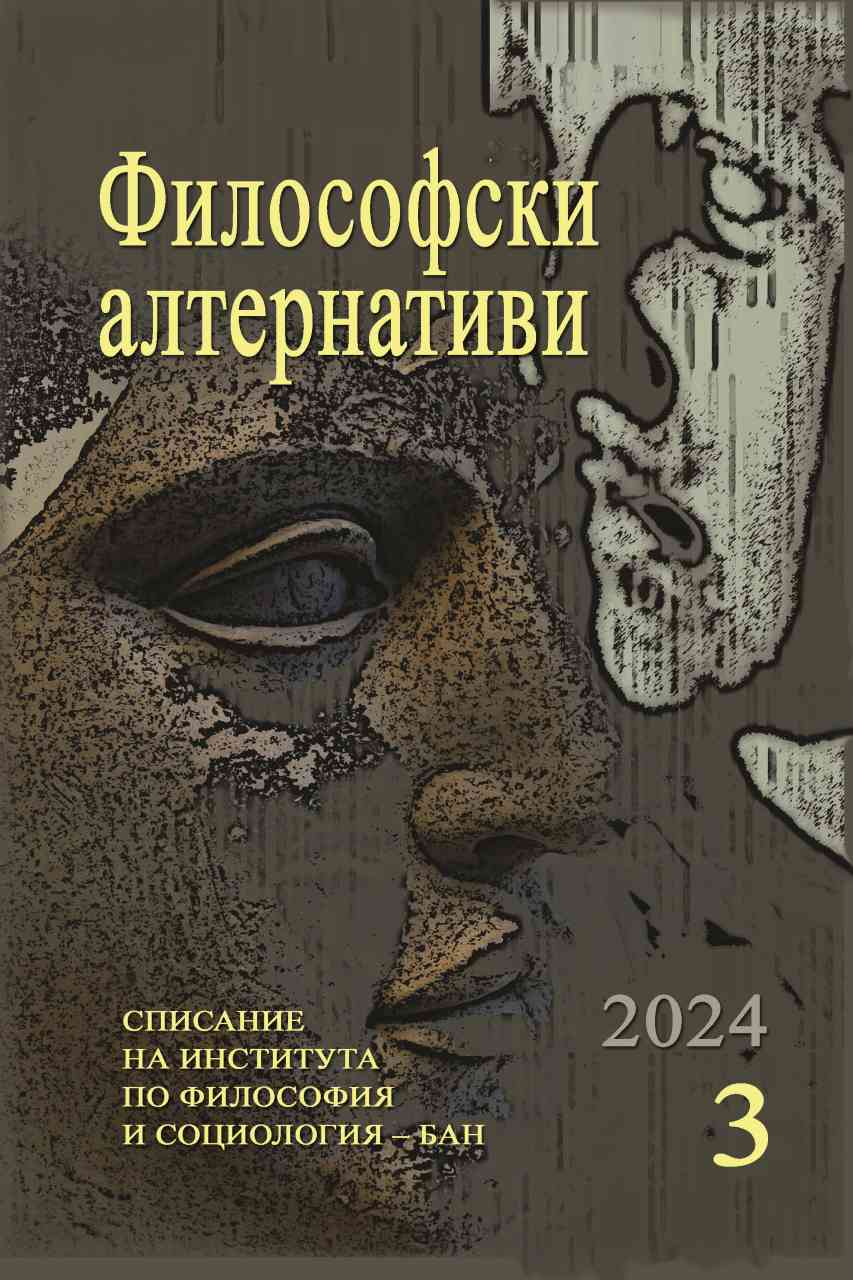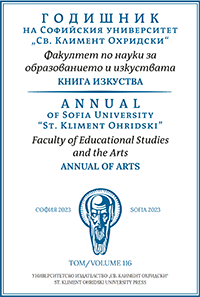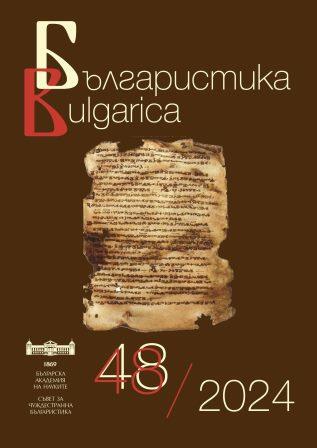Author(s): Sigita Ignatjeva,Anda Kuduma / Language(s): Latvian
Issue: 54/2024
The city of Liepāja has played a crucial role in the lives of two individuals from the Gūtmanis family, Olafs Gūtmanis (1927–2012) and Egons Līvs (1924–1989, real name – Egons Gūtmanis), serving as their place of residence and influencing their professional and creative pursuits, as well as shaping their individual and collective identities. This study aims to reveal the experiences of the city by Gūtmanis and Līvs, as well as their representation of it in their autobiographical and journalistic works, by examining the identity of specific places in interaction with the writers’ individual identities. The study explores how elements of Liepāja’s topography are manifested in the mental maps of Gūtmanis and Līvs, which in turn are depicted in their works. The theoretical framework of the study draws on identity theories, particularly place identity (influenced by such scholars as Lewicka, Stobbelaar, Pedroli), and the concept of mental/cognitive mapping (as proposed by Downs and Stea). Additionally, a phenomenological approach inspired by Maurice Merleau-Ponty is employed.
Although both writers share professional and place-related experiences in Liepāja, their perceptions of the city’s places differ in their works. Gūtmanis, being a native of Liepāja, meticulously describes the places in detail, demonstrating a place-referent continuity. Conversely, for Līvs, who is considered an outsider in Liepāja, place identity is portrayed more generally, with places evoking strong emotional responses and serving as sources of inspiration, often intertwined with the biographies of various individuals.The city of Liepāja has played a crucial role in the lives of two individuals from the Gūtmanis family, Olafs Gūtmanis (1927–2012) and Egons Līvs (1924–1989, real name – Egons Gūtmanis), serving as their place of residence and influencing their professional and creative pursuits, as well as shaping their individual and collective identities. This study aims to reveal the experiences of the city by Gūtmanis and Līvs, as well as their representation of it in their autobiographical and journalistic works, by examining the identity of specific places in interaction with the writers’ individual identities. The study explores how elements of Liepāja’s topography are manifested in the mental maps of Gūtmanis and Līvs, which in turn are depicted in their works. The theoretical framework of the study draws on identity theories, particularly place identity (influenced by such scholars as Lewicka, Stobbelaar, Pedroli), and the concept of mental/cognitive mapping (as proposed by Downs and Stea). Additionally, a phenomenological approach inspired by Maurice Merleau-Ponty is employed. Although both writers share professional and place-related experiences in Liepāja, their perceptions of the city’s places differ in their works. Gūtmanis, being a native of Liepāja, meticulously describes the places in detail, demonstrating a place-referent continuity. Conversely, for Līvs, who is considered an outsider in Liepāja, place identity is portrayed more generally, with places evoking strong emo�tional responses and serving as sources of inspiration, often intertwined with the biographies of various individuals.
More...
